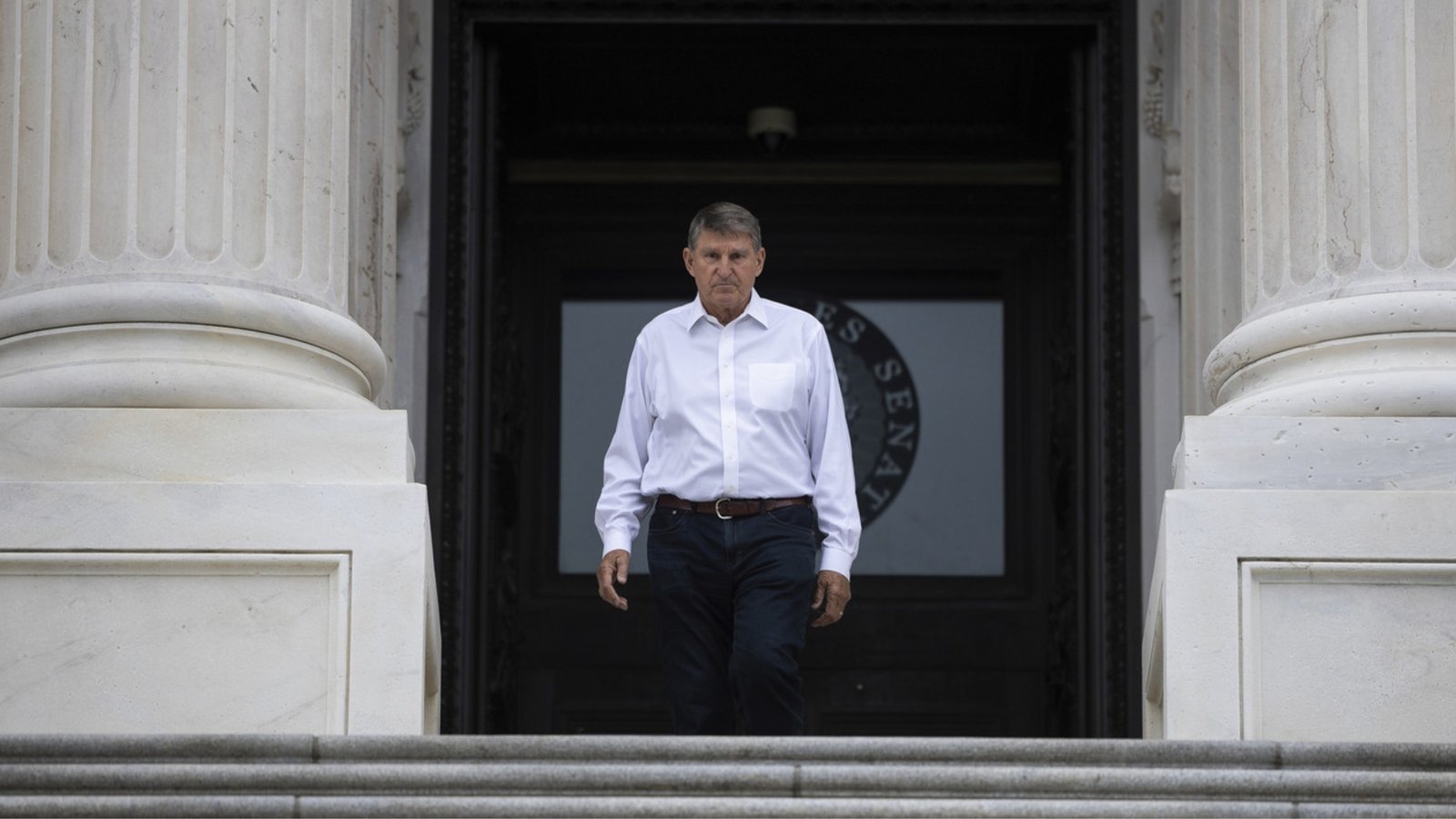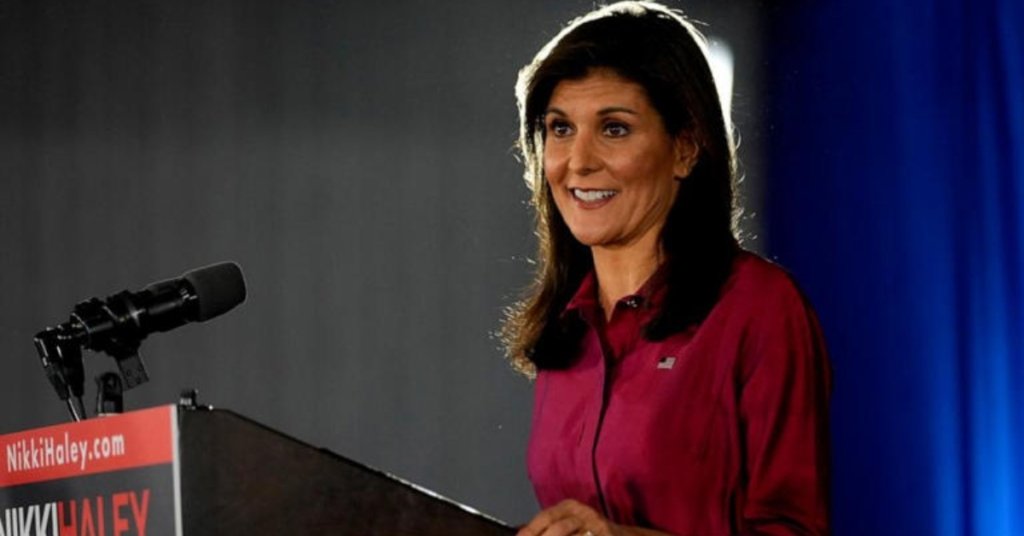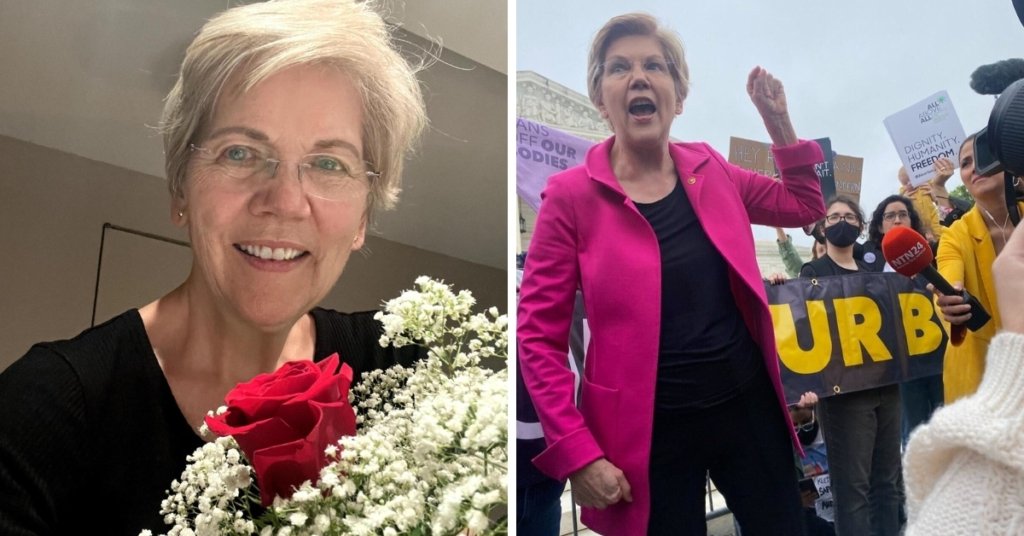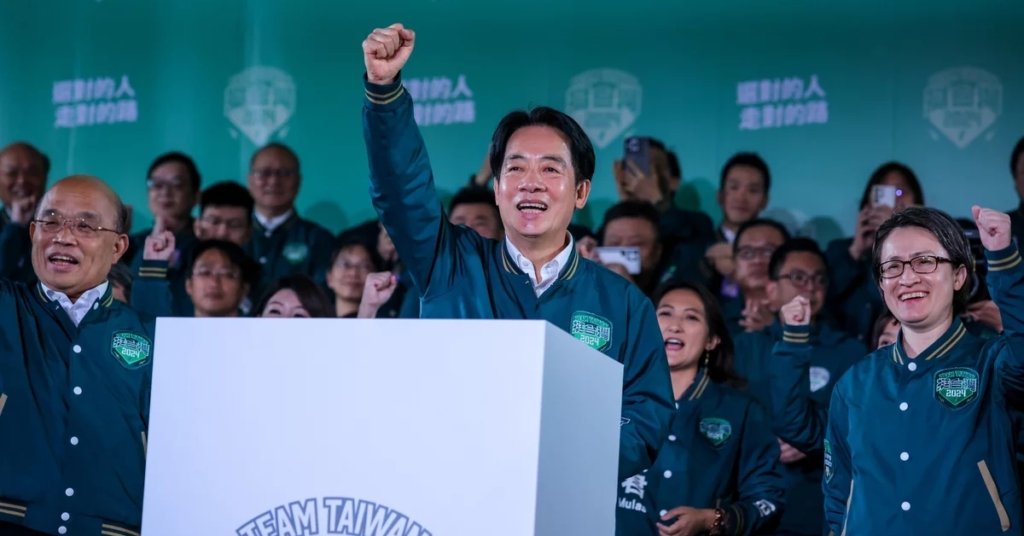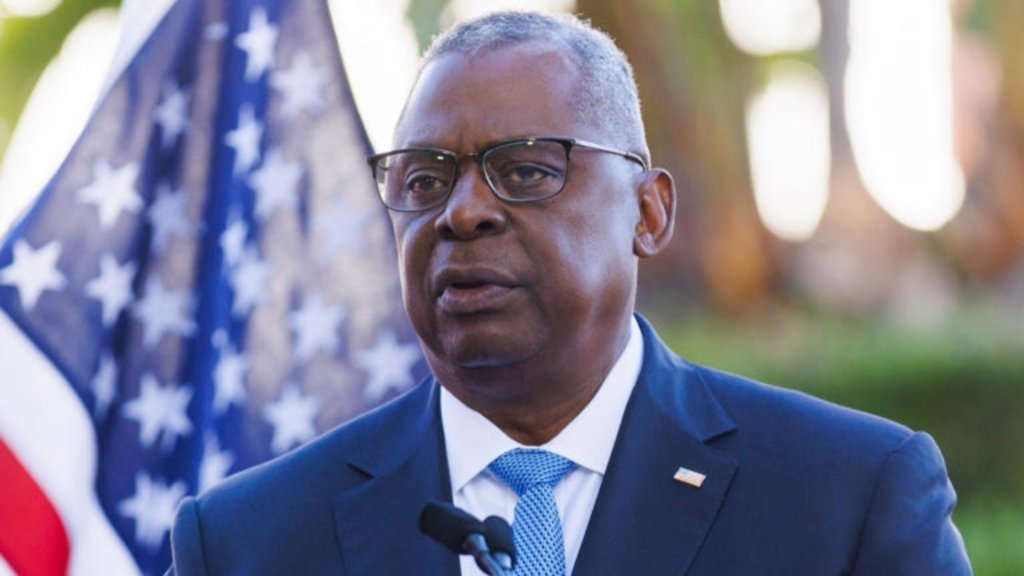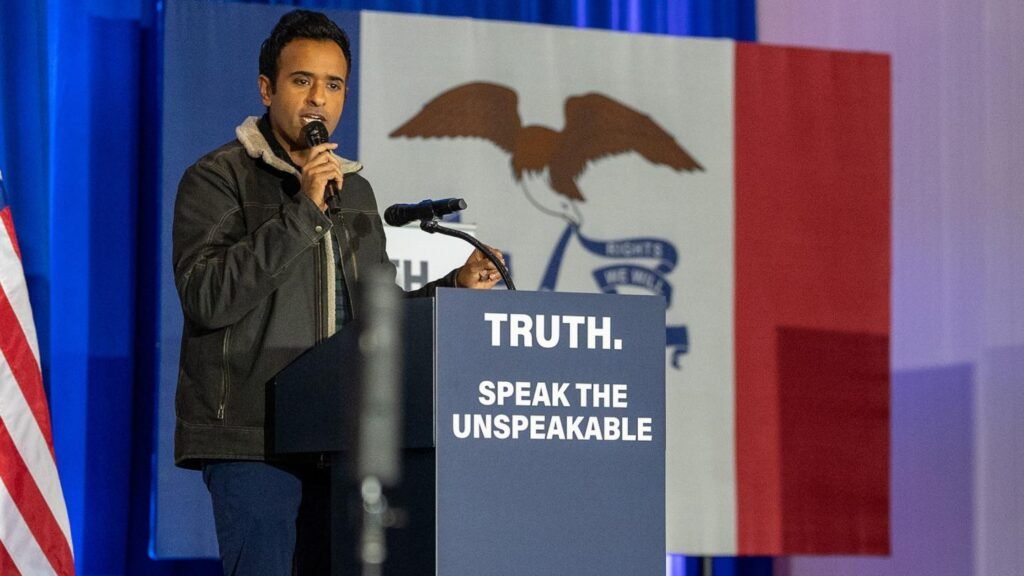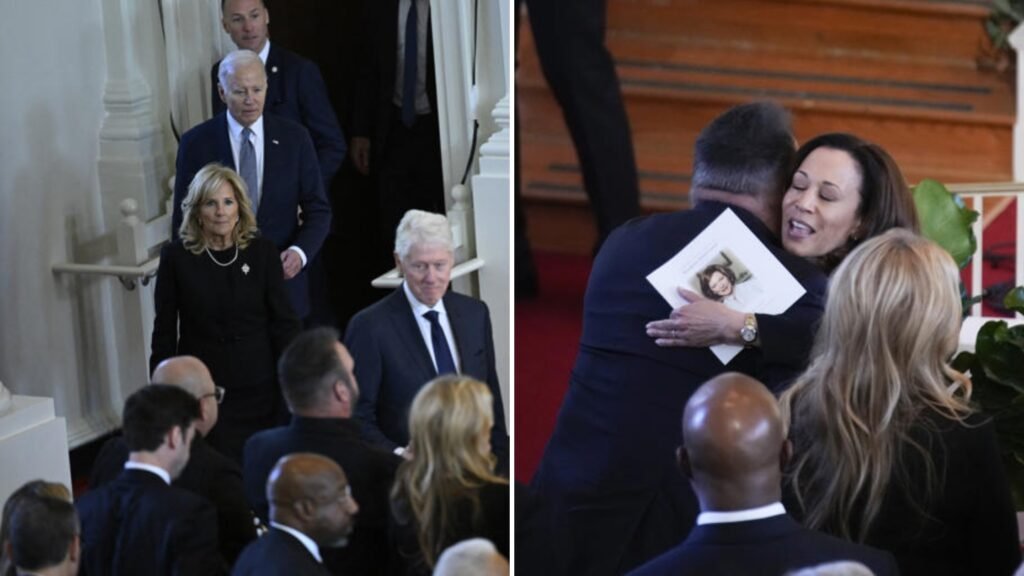In a surprising turn of events, Senator Joe Manchin of West Virginia, known for keeping his political options open, is now considering a third-party presidential campaign.
This move has prompted his Democratic colleagues to take his aspirations seriously and attempt to persuade him against it.
While doubts persist about the viability of Manchin’s White House bid, Democrats are apprehensive that such a move could inadvertently benefit the GOP by handing them control over both the Senate and the White House.
Leveraging His Position: Manchin’s Potential Influence
By refusing to dismiss talks of a presidential campaign, Manchin holds sway over party leaders.
The more they rely on him to seek Senate re-election, the more attention he can garner for his priorities.
Since Manchin is the only Democratic candidate with a realistic chance of maintaining his Senate seat, Republicans need only secure one Senate pick-up to gain control if they win the presidency in 2024.
Colleagues Voice Concerns
Several fellow Democrats have voiced their concerns, urging Manchin to reconsider his potential presidential bid.
Senator John Hickenlooper of Colorado, who previously advised Manchin against it, believes such a move would be detrimental and ultimately favor Donald Trump.
Reflecting on his conversation with Manchin, Hickenlooper noted that the senator seemed receptive to the advice.
The Appeal of an Open Mind
Manchin’s penchant for keeping an open mind has been integral to his political identity and realizing his goals.
In this instance, it may strengthen his prospects of enacting his preferred energy-permitting reforms and exerting influence over energy provisions in the party-line Inflation Reduction Act.
Moreover, Manchin does not view a third-party run under the No Labels banner in the same light as most Democrats do.
He questions the assumption that it would inevitably act as a spoiler for Democrats, citing Ross Perot’s 1992 Reform Party bid, which drew votes away from the GOP nominee, as an example.
Deciding the Path Forward
Manchin has until January, when the filing deadline for West Virginia’s Senate race occurs, to decide.
In the meantime, he has opposed some of President Joe Biden’s nominees, voted against certain policies, and criticized the administration’s energy stance as “radical.”
These actions suggest that Manchin is preparing for a challenging Senate race in deep-red West Virginia. Alternatively, they could be a portfolio for a presidential candidate unaffiliated with either party.
Democrats Rely on Manchin’s Unique Appeal
Despite his more conservative views on environmental and social issues, Manchin is seen as the Democrats’ best chance in West Virginia, as affirmed by numerous senators across the ideological spectrum. Senator Gary Peters of Michigan, who chairs the caucus’ campaign arm, acknowledges that Manchin is still contemplating a presidential campaign but emphasizes his encouragement for Manchin to run for the Senate whenever possible.
Manchin’s Stance and GOP Rivalry
Popular West Virginia Governor Jim Justice, who switched party affiliation from Democrat to Republican, plans to run for the GOP nomination to challenge Manchin.
Some Republicans speculate that Manchin may consider a presidential run to avoid losing to Justice and to maintain relevance.
However, allies of Manchin dismiss these speculations, asserting that he is more likely to seek re-election to the Senate.
The Unknown Consequences of a Third-Party Candidacy
Many Democrats, including Senator Richard Blumenthal of Connecticut, express reservations about Manchin’s potential third-party candidacy, fearing it could inadvertently assist Donald Trump.
According to Blumenthal, such a move’s unpredictable and unknown consequences could play into Trump’s favor.
An Unpredictable Reflex
When questioned about the possibility of removing a presidential run from consideration, Manchin compares his indecision to a reflex, akin to a patient’s knee twitching when tapped by a doctor.
Manchin’s concerns for the country and his desire to save the centrist, moderate middle contribute to his reluctance to rule anything out.
Conclusion
As one of the few remaining true moderates in the Senate, Manchin’s presidential aspirations have sparked intrigue and concern among Democrats.
With his unique appeal and position, Democrats recognize the importance of Manchin’s Senate re-election bid in a predominantly Republican state.
While Manchin’s intentions remain unclear, his involvement in the national presidential conversation will likely continue for the foreseeable future.
